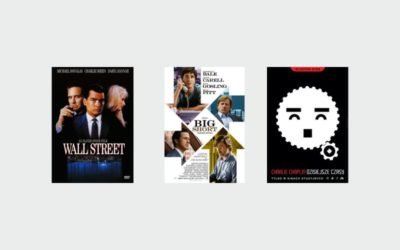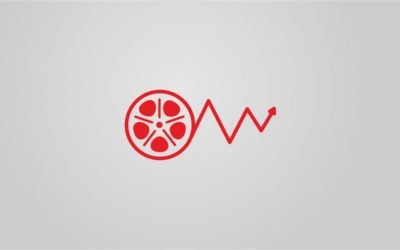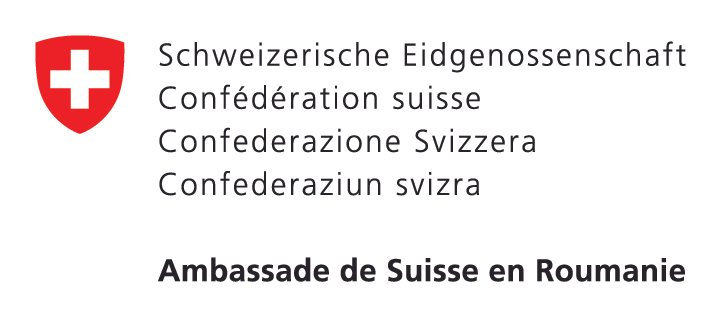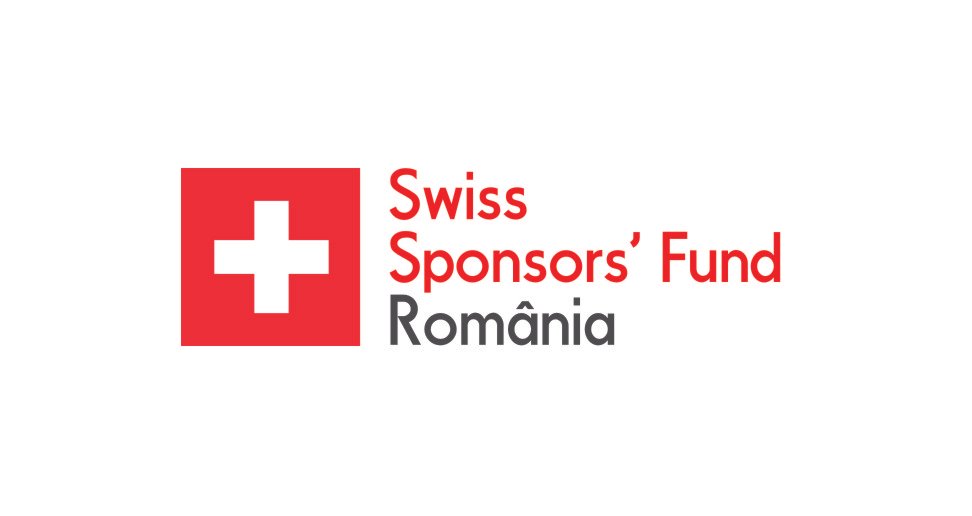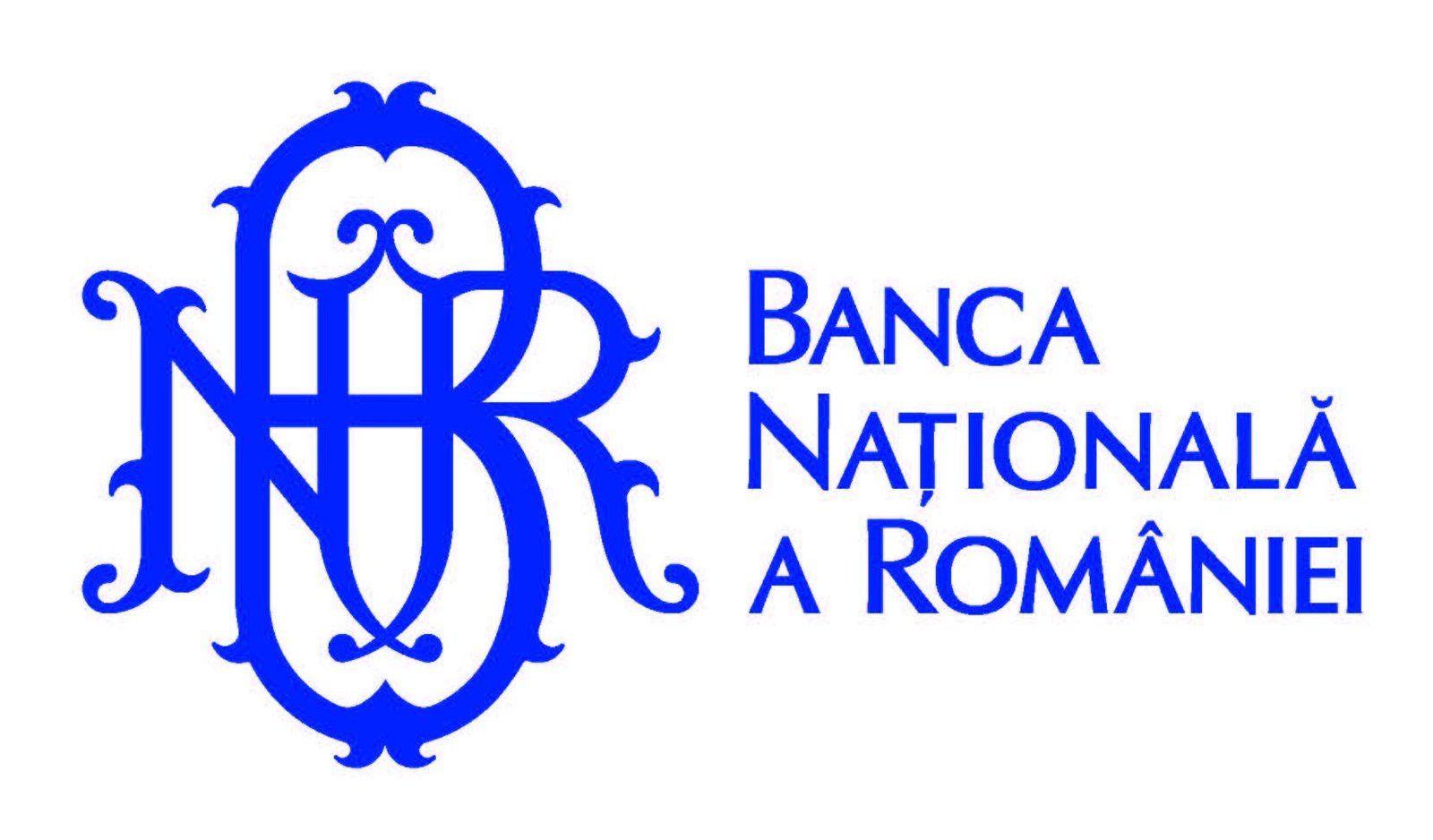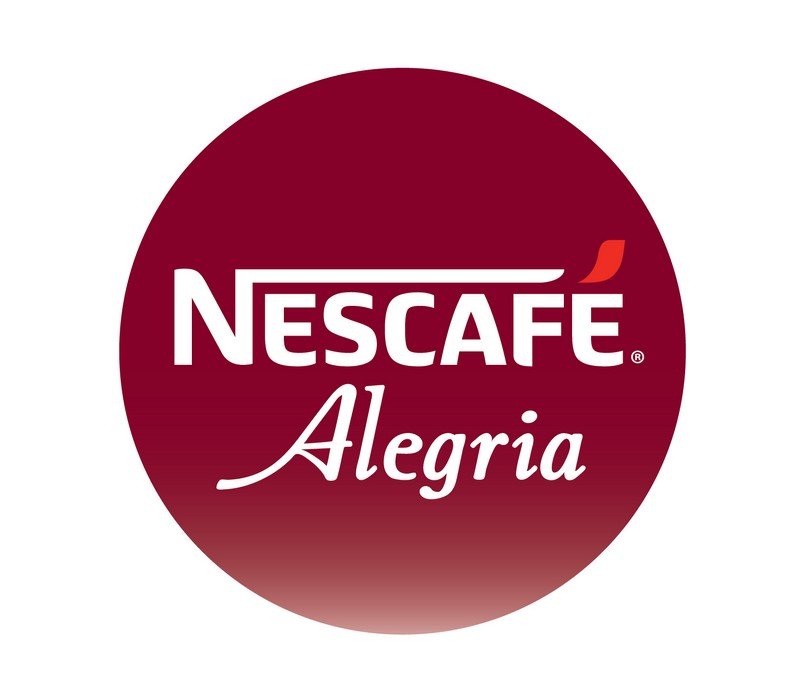The need for renewal
One of the consequences of the economic crisis of 2008 was the loss of confidence into so-called “mainstream economics”, as taught at universities around the globe, as it was neither able to foresee the crisis, nor to propose effective and uncontroversial countermeasures. Its overly abstract and mathematized language is today criticized for being too remote and cryptic.
An economics for the people
There is a growing demand for an economics striving for clarity, methodological pluralism, social responsibility and ethical sensitivity – a social science willing to incorporate the broader concern for the common good into its theoretical edifice, and able to explain the consequences of economic decisions to a wider audience.
For the economy concerns us all – its discussion must not be restricted to specialists. Better-informed citizens are a prerequisite for sustainable development.
Film as a didactic means
The organizers of the All about Economy Film Days are convinced that films are a suitable medium to involve students and a wider public into economic topics, as films are able to elucidate ethical dilemmas and pair facts with emotions.
What should the economy of the future look like?
The festival wants to spread optimism and illustrates attempts to bring about change. For it is possible to improve the economic environment, in which we live and work.
Discussions between critical filmmakers, academia, business as well as foreign and local students lead to new insights.
One of the consequence of the economic crisis of AD 2008 was the crisis of confidence besetting so called “mainstream economics”. Economics, as lectured and taught at the leading universities around the globe, was neither able to foresee the upcoming crisis nor capable of proposing any efficient and uncontroversial countermeasure. International outcry ensued, blaming overly abstract and mathematized language of contemporary economics for being too remote and cryptic for an average citizen. The aim of domesticating the economics as science is the starting point for this conference.
read more
There has been growing public demand for an economics, in which there is a place for clarity, methodological pluralism, social responsibility and ethical sensitivity. An idea was subsequently born that a new public image of economics has to be created, which would be able to explain the consequences of certain economic decisions to the wider audience and laymen and to incorporate broader concern for social good into its own theoretical edifice.
Understanding the importance of this problem prompted professor Paul Dembinski from Fribourg University, Switzerland, to start AREF (Association for the Renewal of Research and Teaching in Economics and Finance), in which leading Swiss specialists in economics and finance has been gathered together to popularize knowledge about those two disciplines. Professor Paul Dembiński proposed Faculty of Management and Economics at Gdańsk University of Technology to cooperate in organization of film meetings on economy and economics. Such initiative fits neatly within the strategy of the Association, since primarily the event’s goal is to disseminate knowledge about economics and financial markets in an unconventional and intelligible manner.
Film seems to be the medium cut out to fulfil this lofty educational and enlightening mission. Both documentary and feature films explain perfectly mechanisms and intricacies of economy and world of finance, enabling simultaneously to comprehend point of view of various social actors, their perceptual and cognitive frameworks and their guiding moral principles. Films affect the viewers, provoke discussion, arouse curiosity, trigger interest and sensitize the viewers to the importance of economic issues.
Formula of the conference
Our conference consists of two modules: one consists of documentary films and second of fictional films. Documentary films module consists of screenings of some of the most insightful documentaries recently made on the economy-related topics, preceded by a short lecture.
Fictional films module consists of a lecture by one of our keynote speaker which discusses certain aspects of a modern economy and economics, next illustrated by motion picture.
mechanisms
Official Opening

Documentary: Talking Money
9:30 – Talking Money
film duretion (1h 29min)
about the film
Talking Money – Official Trailer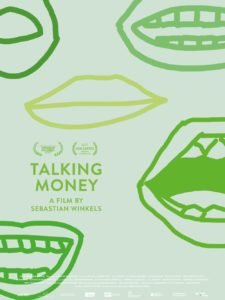
A film about our relationship with money. Customers on five continents meet with their bank consultants. A business relationship on a personal level. Questions, anxieties, offerings, decisions. Values are negotiated, soliciting, wavering, giving and taking. The currency is called trust. The conversation at the table serves as the film’s interface and narrative space. How do we talk about money? A global connection.
Professor Magdalena Iordache Platis
Vice-rector of the University of Bucharest and Dean of the Faculty of Business and Administration

Documentary: Money - A Confused User’s Guide
12:00 – A Confused User’s Guide
film duration: (58 min)
about the film
MONEY – A confused User’s Guide – Official Trailer
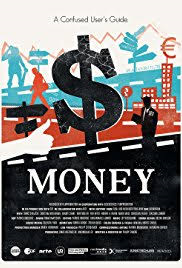
From shell money to stock markets, this films tells us everything there is to know about money. It highlights in a witty way how our financial system works, one of the most unfathomable subjects of our times.
This film takes us on an entertaining journey through space and time in an attempt to restore our faith in what we believe makes the world go round: MONEY. With director Philipp Enders we discover the fundamental principles of our monetary systems. We go back to the ancient kingdom of Lydia where the first coins where made over 2500 years ago, and we travel forward through time and space until we reach our modern and highly complex global financial system. We meet key bankers, alchemists, social economists, philosophers and Neanderthals in Turkey, Germany, Brazil, Spain, Austria, UK and the USA. While discovering everything there is to know about the concept of money, we also find out about new and alternative approaches to dealing with this very old and powerful system. On his journey, director Philipp Enders has a special companion and advisor, his know-it-all digital smartphone app, which uses funny animations to explain the most complex relationships in an easily understandable way.
Associate Professor Antonio Momoc
Associate Professor at the Faculty of Journalism and Communication Sciences
Student Group work
Discussion in common

Fictional: Toni Erdmann
Time: 16:30
film duration: 2h 42m
about the film
Toni Erdmann – Official Trailer
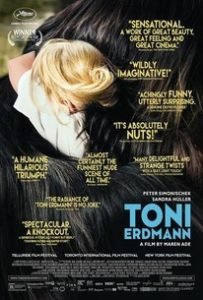
A practical joking father tries to reconnect with his hard working daughter by creating an outrageous alter ego and posing as her CEO’s life coach.
Lecturer Mara Stan
Lecturer at the Faculty of Sociology and Social Work, University of Bucharest
critique

Documentary 1: Cleveland vs. Wall Street
Cleveland vs. Wall Street
film duration - 1h 38m
about the film
Cleveland Versus Wall Street - Official Trailer

On 11th January 2008, hired by the City of Cleveland, lawyer Josh Cohen and his team filed a lawsuit against 21 banks, which they held accountable for the wave of foreclosures that had left their city in ruins. Since then, the bankers on Wall Street have been fighting by with all available means to avoid going to court. This film is the story of that trial. A film about a trial that may never be held but in which the facts, the participants and their testimonies are all real: the judge, lawyers, witnesses, even the members of the jury - asked to give their verdict - play their own roles. Step by step, one witness after another, the film takes apart, from a plain, human perspective, the mechanisms of subprime mortgage loans, a system that sent the world economy reeling. A trial for the sake of example, a universal fable about capitalism.
Lecturer Christian Năsulea
Lecturer at the Faculty of History, University of Bucharest

Documentary 2: The Bitcoin Gospel
Time: 12:00
film duration 49min.
about the film
The Bitcoin Gospel - Video
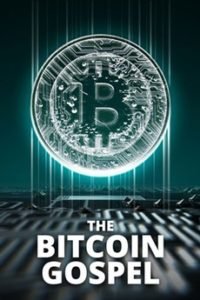
In the midst of the global financial meltdown in 2008, a mysterious genius under the pseudonym Satoshi Nakamoto presented the architecture for the perfect currency. Bitcoins cannot be forged, and can be transferred worldwide with the simple click of a button, without incurring transaction costs. Although nobody knows Nakamoto’s true identity, his invention of the first decentralised cryptocurrency has taken the world by storm in just a few years.
Initially dismissed as unsafe and of interest only to criminals, Bitcoin has seen its exchange rate going up and up, and banks and governments have started taking notice that it is an invention they cannot ignore. This documentary investigates the history of bitcoin, how it works, and what its future holds.
Dr. Virgile Perret, Geneva
Director of AREF, Switzerland
Student Group work

Margin Call
Time: 16:30
film duration 1h 49min
about the film
Margin Call - Official Trailer
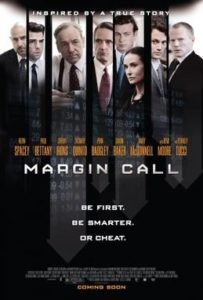
A respected financial company is downsizing and one of the victims is the risk management division head, who was working on a major analysis just when he was let go. His protégé completes the study late into the night and then frantically calls his colleagues in about the company's financial disaster he has discovered. What follows is a long night of panicked double checking and double dealing as the senior management prepare to do whatever it takes to mitigate the debacle to come even as the handful of conscientious comrades find themselves dragged along into the unethical abyss.
Associate Professor Emanuel Socaciu
Associate Professor at the Faculty of Philosophy, University of Bucharest
solutions

Documentary 1: Chaebols and Chabolas
film duration 1h 37min
about the film
Chaebols and Chabolas - Trailer

For most people, work is the foundation of existence. While in wealthier countries, it’s all about climbing the social ladder and personal fulfillment, there are people in poor countries who are fighting for survival.
David Syz shows the unexpected aspects of unemployment. He visits illegal immigrants in Spain, who are trapped in their shacks made out of garbage (Chabolas) because desperate Spaniards are taking away their jobs in greenhouses. In South Korea, he dips into a society that is driven by achievement. Socially, you’re stamped off as a failure if you don’t find a job in one of the big corporations (Chaebols). Which price does society pay for its wealth?
Mag.Rer.Publ. Michael Derrer
Hochschule Luzern and ASCENT AG, Switzerland

Documentary 2: Economics of Happiness
12:00 - Economics of Happiness
film duration: 1h 7min
about the film
Economics of Happiness - Official Trailer
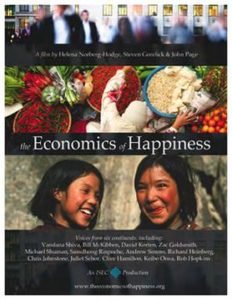
The film features many voices from six continents calling for systemic economic change. The documentary describes a world moving simultaneously in two opposing directions. While government and big business continue to promote globalization and the consolidation of corporate power, people around the world are resisting those policies and working to forge a very different future. Communities are coming together to re-build more human scale, ecological economies based on a new paradigm: an economics of localization.
Representative of the National Bank of Romania
Student Group Work

Eastern Business
16:30 Eastern Business
film duration: 1h 27min
Actor Ion Săpdaru
about the film
Eastern Business - Official Trailer
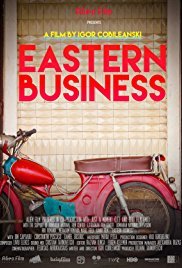
Two Moldavian friends begin a journey full of adventures and suspense trying various business ideas in order to earn enough money to achieve their dreams.
As in most road-trip movies, a couple of mismatched men go looking for a better life elsewhere only to discover that the journey’s more important than the destination. Indeed, strictly in terms of basic plot, Eastern Business isn’t exactly innovative. But what makes the film stand out is how perceptive it is about Moldova’s place in (Eastern) Europe and how it uses its characters’ behavior to illustrate points about human behavior that’s recognizable the world over.
18:30 - 19:00 - Official Closing Ceremony
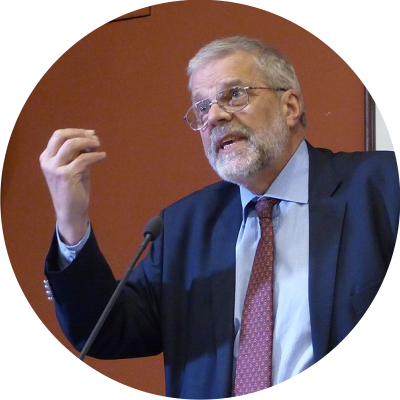
Prof. Paul H. Dembinski, Festival Initiator
Swiss-Polish economist, professor at Geneva and Fribourg Universities, head of the “Observatoire de la Finance” in Geneva, head of the Institute of Economic Research Eco Diagnostic. Lecturer at Lausanne University, Oxford and Santiago de Chile. Member of the consulting board at the Faculty of Economic Sciences at Charles University in Prague, chairman of the International Association for the Catholic Social Teaching and a member of Academic Council for the Vatican-based Foundation Centessimus Annus.

Mag. Michael Derrer, Co-initiator and Festival Director
Hochschule Luzern and ASCENT AG
As a specialist for the renewal of didactics in economics, he recognizes the value of films to affect the viewers, provoke discussion and sensitize to the importance of economic issues. As a business consultant, he has the role of an interface between internationalizing Swiss companies and the economic environment of East and Central European countries.
www.michaelderrer.info
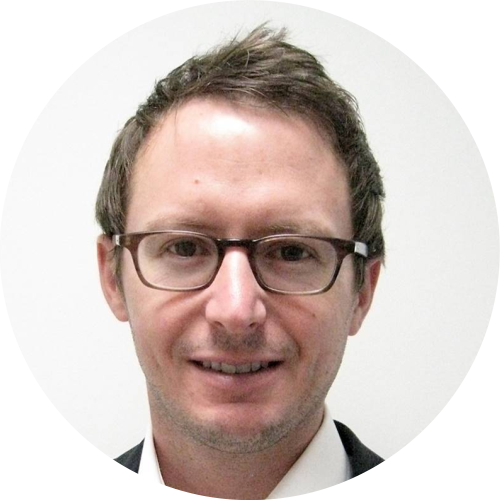
Dr. Virgile Perret, Geneva
Director of AREF, the Association for the Renewal of Research and Education in Economics and Finance, and Author of a book on “Money and Citizenship”.

Professor Magdalena Iordache Platis
Vice-rector of the University of Bucharest beginning with 2011 and dean of the Faculty of Business and Administration between 2005 and 2011, Professor Magdalena Iordache Platis, Ph.D. is specialised in economy, business administration and marketing, as she is an active professor with over 25 years of experience in higher education teaching.

Associate Professor Antonio Momoc
Antonio Momoc is a Associate Professor at the Faculty of Journalism and Communication Sciences, University of Bucharest. He is a certified trainer in reputation management, public speaking and public communication for the commercial and political clients of Red Carpet Production.
He has a PhD in Sociology from the University of Bucharest for which he conducted a research on the social history of the Sociological School of Bucharest.

Lecturer Christian Năsulea
Lecturer at the Faculty of History, University of Bucharest, Christian Năsulea teaches, with innovative methods adapted to the 2.0 society, world economy courses, Globalism and globalization, Ideas and economic structures in the contemporary world, The role of international organizations in the era of globalization. He has a Phd in Management and his main fields of scientific interest are:
Public policies, Political and commercial negotiation in international relations, Behavioral Economics.

Associate Professor Emanuel Socaciu
Emanuel Socaciu is a Associate Professor at the Faculty of Philosophy, University of Bucharest, member of the Department of Practical Philosophy and History of Philosophy and the deputy director of the Faculty`s Research Center in Applied Ethics. He has a PhD in Philosophy and his main fields of scientific interest are: applied ethics, political philosophy, organizational culture and management, ethics in information technology

Lecturer Mara Stan
Mara Stan is lecturer at the Faculty of Sociology and Social Work, University of Bucharest and member of the Department of Sociology, with a PhD in Sociology and a master in HR Management.
With 8 years of professional experience in the HR department of multinationals with a commerce profile, hers general areas of specialization are: human resources, sociology of organizations, sociology of time, (sub)urban development, CSR and sustainability. Also, she is instructional designer for online corporate courses in time management, work-life-balance, employee on-boarding.

Photo Gallery
Pictures from All About Economy Film Days, Gdansk 28-30 October, 2019 Pictures from All About Economy Film Days, Bucharest 10-12 April, 2019 Pictures from All About Economy Film Days, Sofia 2018 Pictures from All About Economy Film Days,Bucharest...
Film Awards
2019 BUCHAREST EDITION OF “ALL ABOUT ECONOMY FILM DAYS” ANNOUNCED FILM AWARDS: Jury prizes and honorable mentions were presented at a closing ceremony on April 12. The Best Documentary Film honorable title was awarded to: A World Without Money (Director: Hanspeter...
Video Footage of the Previous Event in Gdansk 2017
The first edition took place in Gdańsk, Poland in November 2017 Video impressions from the festival: Official video documentation Student video documentation Archive of the previous event in...
The Festival takes place at the University of Bucharest, Faculty of Law, Bulevardul Mihail Kogălniceanu 36-46 Amphitheater II
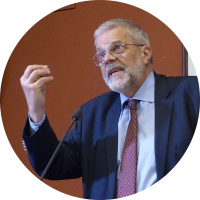
Paul H. Dembinski
Initiator

Michael Derrer
Co-Initiator & Festival Director

Alina Savu
Director Bucharest Festival Edition

Armin Zank
Project Manager Art

Olga Belous
Web-site Manager
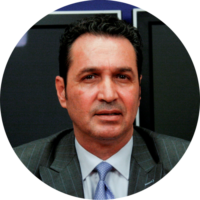
Catalin Enache
Project Manager Partners

Contact Us:
Michael Derrer
Director of the Festival
Hochschule Luzern – Business School
michael.derrer@hslu.ch
Ascent Swiss Business Management AG
m.derrer@ascent-ag.ch
+41 79 320 21 52
Alina Savu
Director of the Bucharest Edition
S.C. Web Connect S.R.L.
alina.savu@web-connect.ro
Ascent Swiss Business Management AG
a.savu@ascent-ag.ch
+40 72 362 32 19



